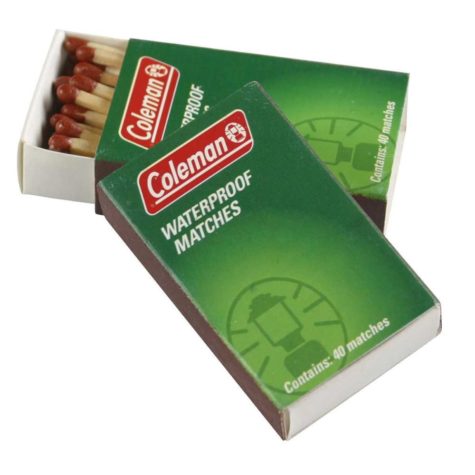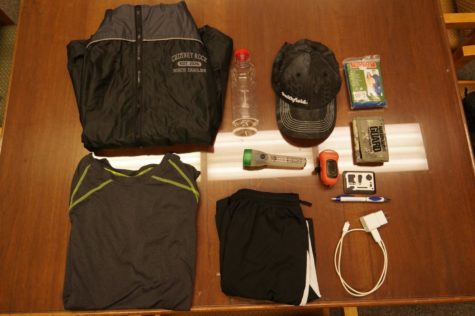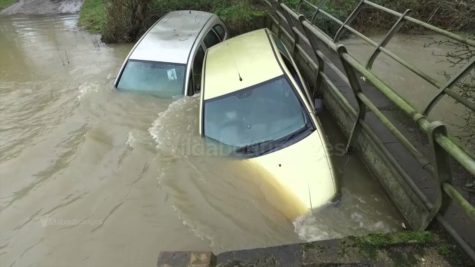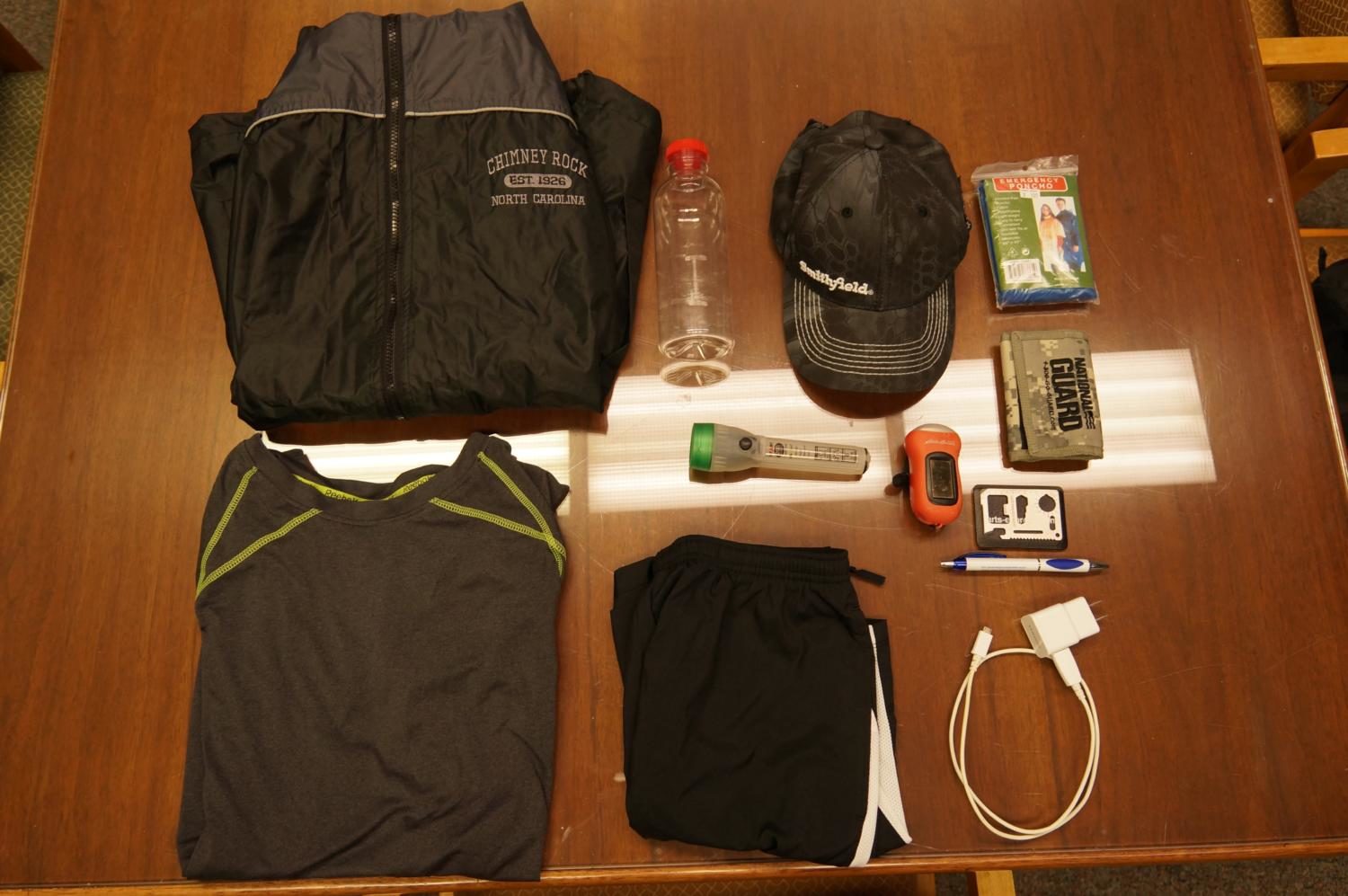Emergency Preparedness
September 15, 2017
In light of the recent Category 5 hurricane Irma affecting the U.S, it is more important than ever to prepare for the worst. Having just a few essential items and skills at your disposal can make the difference between the safe weathering of a natural disaster and encountering immense property damage or harm to yourself and your family. Listed below are some steps you can take to ensure the safety of you and your loved ones should disaster strike.
Preparation and before the storm:
Normally it is a good idea to have some basic essentials on hand in any situation. Items to have on hand are:
- Lighting supplies like matches and candles, or flashlights with extra batteries. This is used to help you see in case of a power outage or to start a fire.
- Non-perishable food (or at least items with a long shelf life), and some water. It is recommended that you keep at least 3 days worth of food per person as well as a minimum of 3 litres of water per person, per day
- If you have well water instead of water provided by the city you should have water even if the power goes out. (City water may still run but there is the possibility of it getting contaminated if there is flooding)

Prepping your vehicle:
Keeping a few items in your vehicle will come in handy on a day-to-day basis as well as in an emergency. Make sure you have the lug wrench, jack, etc that came with the car somewhere in the vehicle and know how to get to them. If you are a new driver at least know how to change a tire. It is a good idea to also keep jumper cables in your car in case of a dead battery.
Sometimes it can be good to have a few extra items with you at all times. In my jeep I always carry a bag with the contents listed below. While it might be helpful to include a few more, this has worked fine for me on a day-to-day basis.
- Raincoat
- Change of clothes
- Water bottle
- Hat
- Flashlight
- Multi-tool
- Extra phone charger
- Rain Poncho
- Wallet with extra money
- Blanket
- Pen
Not Pictured:
- Notepad
- Lighter
- Tire pressure gauge

When disaster strikes:
Even though Irma has already passed North Carolina, many other hurricanes had an effect that was much greater, resulting in flooding and immense property damage. If you know that flooding will affect your area, start by moving important items to higher floors. Make sure to take some items out of your basement, if you have one, because that will flood first. If there is no time to get out of the area, remember that bad floods will normally cover some to all of the first floor. Take time to stack items that you don’t want to get wet on top of tables or other high areas (the second or third story of house is perfect). To keep important documents safe, they can be stored inside a dishwasher, since it has a watertight seal, although this is a last resort.
Important things to remember if you get caught driving in a flood:
- Only try to cross a flooded street if you absolutely have to. The water can be deeper than is expected and you have the possibility of getting your car stuck and unable to move
- A car with a good watertight seal on its doors can act like a boat if the water becomes too deep, floating it up enough to be swept away by the current.
- No matter how “rugged” your car is, the maximum depth of water it can cross will be determined by where the air intake is

Put simply, the best way to stay safe during a natural disaster is to use common sense. Don’t park cars under trees when there are high winds; stay away from windows during a tornado or hurricane; don’t play golf during a thunderstorm. While common sense will help you survive anything, it never hurts to prepare for the worst. Good preparation can only help during stressful events like these.

